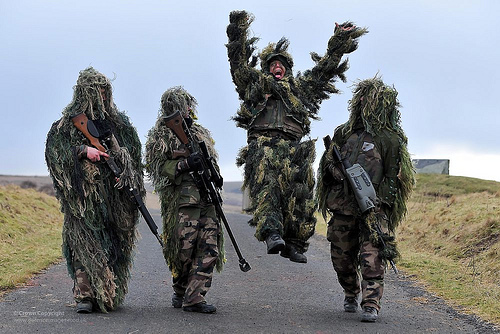 France may end up feeling—to paraphrase novelist Milan Kundera—the unbearable lightness of European defense. There are at least four reasons for this.
France may end up feeling—to paraphrase novelist Milan Kundera—the unbearable lightness of European defense. There are at least four reasons for this.
First, different European capitals have different political priorities, given the other major challenges the EU is currently enduring—namely, managing refugee flows and stabilizing the eurozone. Before the Paris attacks, many Europeans were weary and wary of foreign military interventions. This is understandable in light of the mixed experiences in Afghanistan, Iraq, and Libya since 2001.
Plus, fewer resources are available for external missions: according to figures from the European Defense Agency, EU defense budgets decreased by around 15 percent between 2006 and 2013, and the average number of soldiers EU governments sent abroad fell from about 83,000 in 2006 to just over 58,000 in 2013….
Third, there is an emerging geographic divide between those governments focused on the challenge of Russia and those concentrated on the threats emanating from the Middle East and North Africa. Compare, for example, last year’s 57-page Polish national security strategy, which contains half a sentence mentioning the Middle East, with the new Italian defense white book, which identifies the Mediterranean region as a priority….
Fourth, there are big divisions between the big three—France, Germany, and the UK—which collectively account for almost two-thirds of EU defense spending. In sum, Germany is reluctant to use robust military force abroad, Britain is reluctant to act militarily through the EU, and France is stuck in the middle….
For these four reasons, despite unanimous political support from the other 27 governments following the French invocation of the EU’s mutual-assistance clause, no one should expect a common EU military response to fighting the Islamic State. Nor does it seem likely that substantially more military resources will be sent to useful EU or UN operations elsewhere….
[In 1999], the 15 EU member states could deploy and sustain only around 7–8 percent of their armed forces externally. Sadly, the same ratio holds true for today’s 28 EU countries.
Daniel Keohane is a senior researcher at the Center for Security Studies—ETH Zürich.
Image: French snipers training in Great Britain, Feb. 16, 2012 (photo: UK Ministry of Defense)
